How Kanye is battling and embracing his bipolar disorder
The music icon is trying to "change the stigma of 'crazy.'" Will it work?


A free daily email with the biggest news stories of the day – and the best features from TheWeek.com
You are now subscribed
Your newsletter sign-up was successful
Kanye West has never been shy about letting everyone know exactly how he's feeling.
After an erratic and tiring six weeks of faux-introspective philosophical tweets, loudly declared support for the 45th president of the United States, and off-the-rails appearances on gossip TV shows, the lead-up to the Chicago-born artist's eighth studio album has finally come to a close with Friday's release of ye. Within the confines of that album's succinct seven-track, 23-minute running time, Kanye directly addresses his own mental state, even including album art depicting a common novelty shop shop phrase: "I hate being bipolar it's awesome."
ye is far from the first time that Kanye has addressed his mental health — on his last release, 2016's The Life Of Pablo, he included a direct reference to his medication on "FML": "See, before I let you go / One last thing I need to let you know / You ain't never seen nothing crazier than / This ni--a when he off his Lexapro," referring to the commonly prescribed antidepressant. He also gave a nod to the medication in the Vic Mensa assisted "U Mad": "That Lexapro got me drowsy, then a heart attack." However, ye is the first time he's publicly revealed his diagnosis of bipolar disorder, and the depth, brevity, and openness with which he discusses his experience charts new ground in a genre that has been slow to encourage sharing about mental illness.
The Week
Escape your echo chamber. Get the facts behind the news, plus analysis from multiple perspectives.

Sign up for The Week's Free Newsletters
From our morning news briefing to a weekly Good News Newsletter, get the best of The Week delivered directly to your inbox.
From our morning news briefing to a weekly Good News Newsletter, get the best of The Week delivered directly to your inbox.
As any Kanye album does, ye transports us, Being John Malkovich-style, into his mind. For instance, "Yikes," the album's second track, feels unstable and manic — and that's the point.
The already frenzied "Yikes" kicks into an even higher gear at certain points of the song, as the rapping and singing that Kanye bounces between quickly progresses into a pointed, intense fit of shouting that still manages to fit alongside his pristine production. This is most evident in the closing moments of the song:
You see? You see? / That's what I'm talkin' 'bout / That's why I f--k with Ye / That's my third person / That's my bipolar sh-t, n--ga what? / That's my superpower, n--ga ain't no disability / I'm a superhero! I'm a superhero! / Agghhhh! [Kanye West]
Kanye's openness about, and apparent pride in, his mental health status is consistent with his comments last month in an interview with Charlamagne Tha God, in which he said that he planned to "change the stigma of 'crazy.'" This is an important pronouncement, considering that some of hip-hop's biggest names recently used mental health issues as diss track fuel.
It's also important to note the background regarding mental health and its perception in the communities in which Kanye exists. One in every five adults suffers from mental illness, and 2.6 percent of adults are bipolar, according to the nonprofit National Alliance on Mental Illness. African Americans are more likely to suffer from serious mental illnesses, but only use mental health services at half the rate of white Americans. Perhaps Kanye's visibility could be used as a starting point to jumpstart discussions around stigma surrounding psychiatric diseases and disparities in mental health care.
A free daily email with the biggest news stories of the day – and the best features from TheWeek.com
While some others in the hip-hop community have already used their platforms to raise awareness around mental health — including Kanye's buddy Kid Cudi, with whom he'll be releasing a collaborative album next week under the name Kids See Ghost — none carry the same "everyone-drops-everything" quality that the release of a new Kanye West album does. Kanye's direct and transparent addressing of an often underplayed diagnosis is a big deal.
That transparency, in fact, can sometimes be a bit jarring — on opening track "I Thought About Killing You," we're immediately immersed in Kanye's head, talking to himself in different tones. He dictates a spoken word verse where he headfirst jumps into thoughts of both violent misdeeds — "premeditated murder," he repeats — and brutal self-harm — "And I think about killing myself, and I love myself way more than I love you, so …" he says. But interspersed between this dysphoria lies an explanation of sorts:
People say, "Don't say this, don't say that" / Just say it out loud, just to see how it feels [Kanye West]
It's a lot to deal with. Kanye has always been a provocative, polarizing figure, but now he's doubling down on those two descriptors, embracing a president whom many of his fans hate, and taking his inflammatory remarks to infuriating new heights. But at the same time, the music put to record continues to blaze trails. The openness with which ye touches on these undeniably important threads, from someone with this level of fame, is rare. Kanye not only admits to having bipolar disorder, he peels back the curtain and takes us through a manic-depressive cycle that is both jarring and illuminating. Time will tell if the embrace of his diagnosis manages to reduce any stigma toward mental illness — both within rap, and well beyond.
Evan Romano is a culture writer and reporter living in Brooklyn. He has spent time with Rolling Stone and Esquire, and was previously an editor with Brooklyn Magazine, for whom he once sat in a Las Vegas diner drinking coffee with Hannibal Buress.
-
 6 of the world’s most accessible destinations
6 of the world’s most accessible destinationsThe Week Recommends Experience all of Berlin, Singapore and Sydney
-
 How the FCC’s ‘equal time’ rule works
How the FCC’s ‘equal time’ rule worksIn the Spotlight The law is at the heart of the Colbert-CBS conflict
-
 What is the endgame in the DHS shutdown?
What is the endgame in the DHS shutdown?Today’s Big Question Democrats want to rein in ICE’s immigration crackdown
-
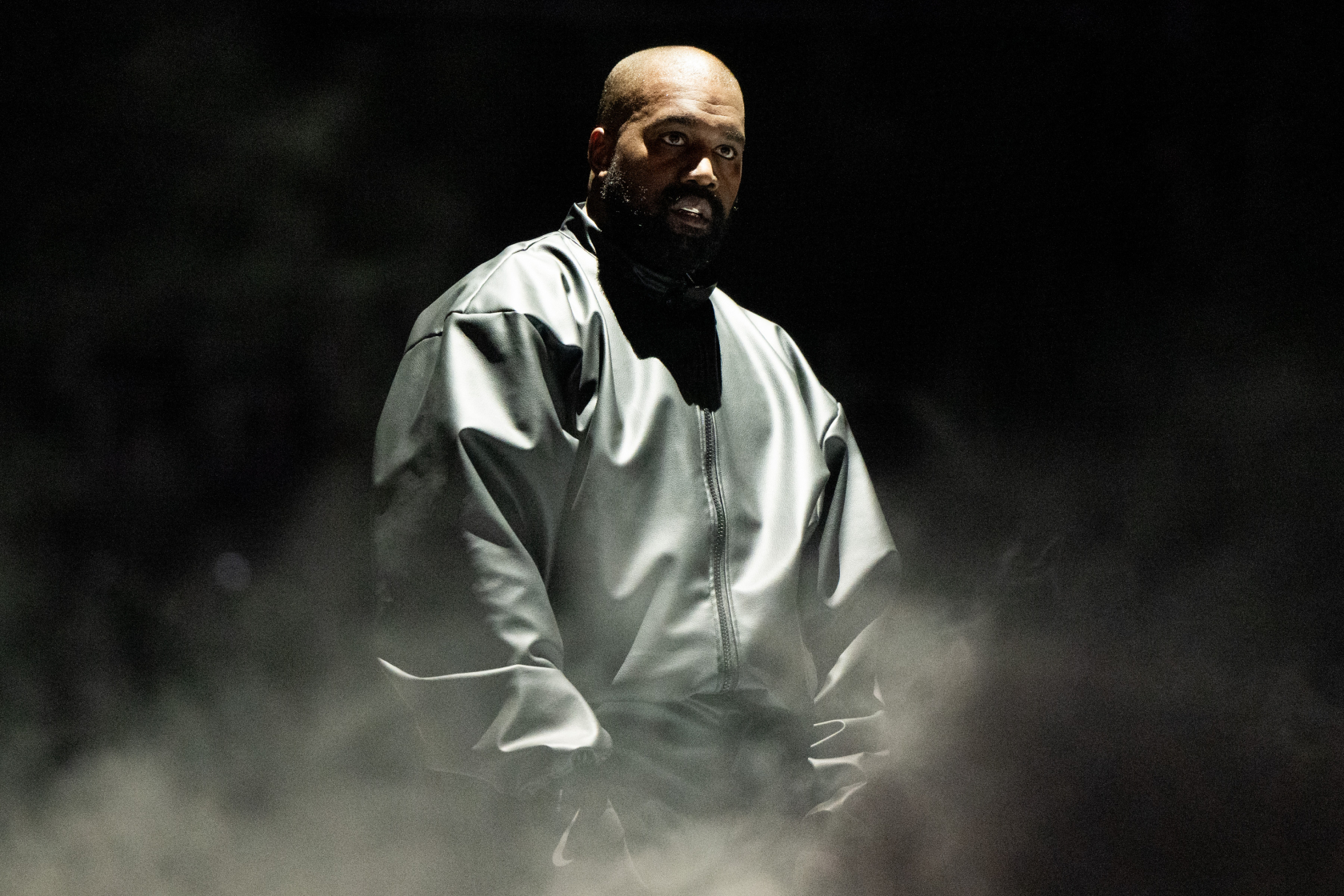 Is Ye finally about to be canceled for good?
Is Ye finally about to be canceled for good?TODAY'S BIG QUESTION From doubling down on overt antisemitism and Nazi admiration to a series of alarming public appearances, the rap superstar and fashion mogul might have finally gone too far
-
 Walter Isaacson's 'Elon Musk' can 'scarcely contain its subject'
Walter Isaacson's 'Elon Musk' can 'scarcely contain its subject'The latest biography on the elusive tech mogul is causing a stir among critics
-
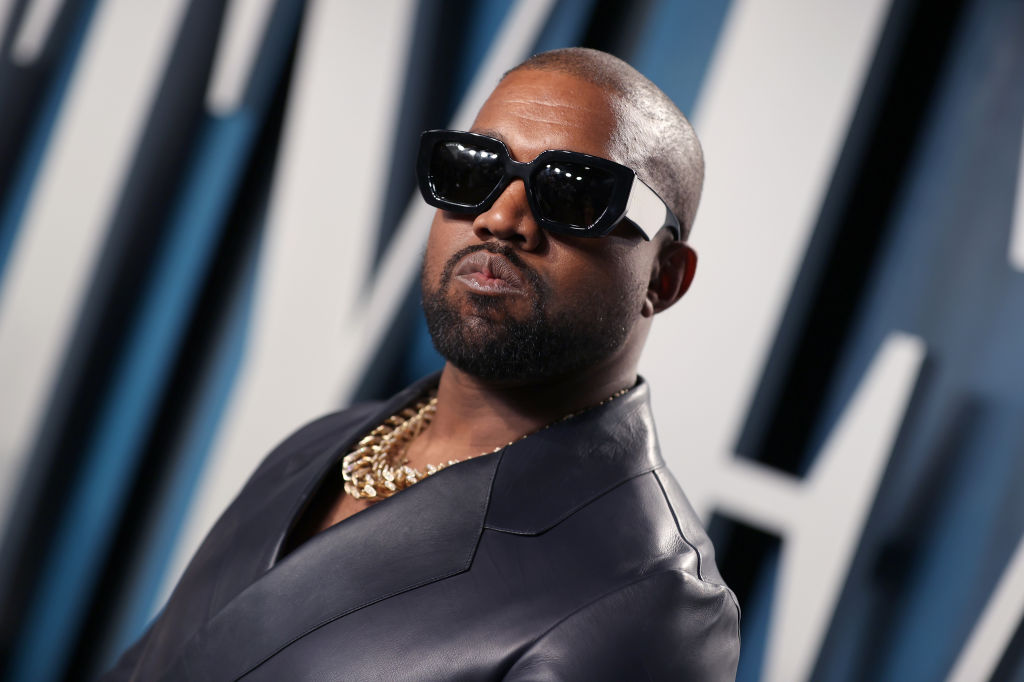 Kanye West referenced in at least 30 antisemitic incidents since October, Anti-Defamation League says
Kanye West referenced in at least 30 antisemitic incidents since October, Anti-Defamation League saysSpeed Read
-
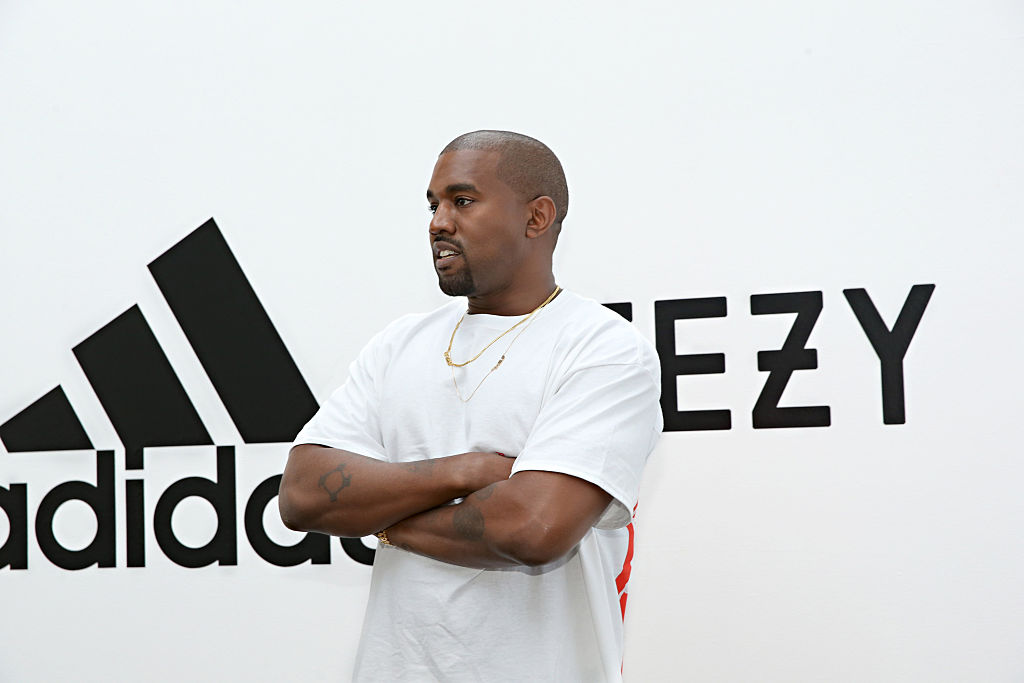 Adidas could lose over $1 billion after terminating Kanye West partnership
Adidas could lose over $1 billion after terminating Kanye West partnershipSpeed Read
-
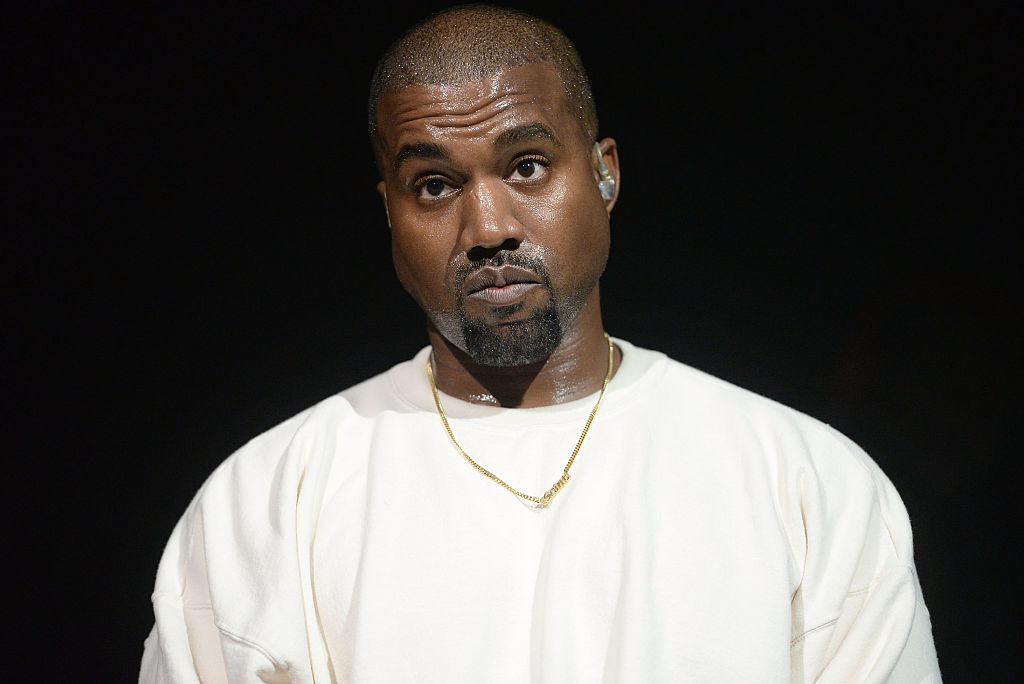 Kanye West may be denied entry to Australia over antisemitic remarks
Kanye West may be denied entry to Australia over antisemitic remarksSpeed Read
-
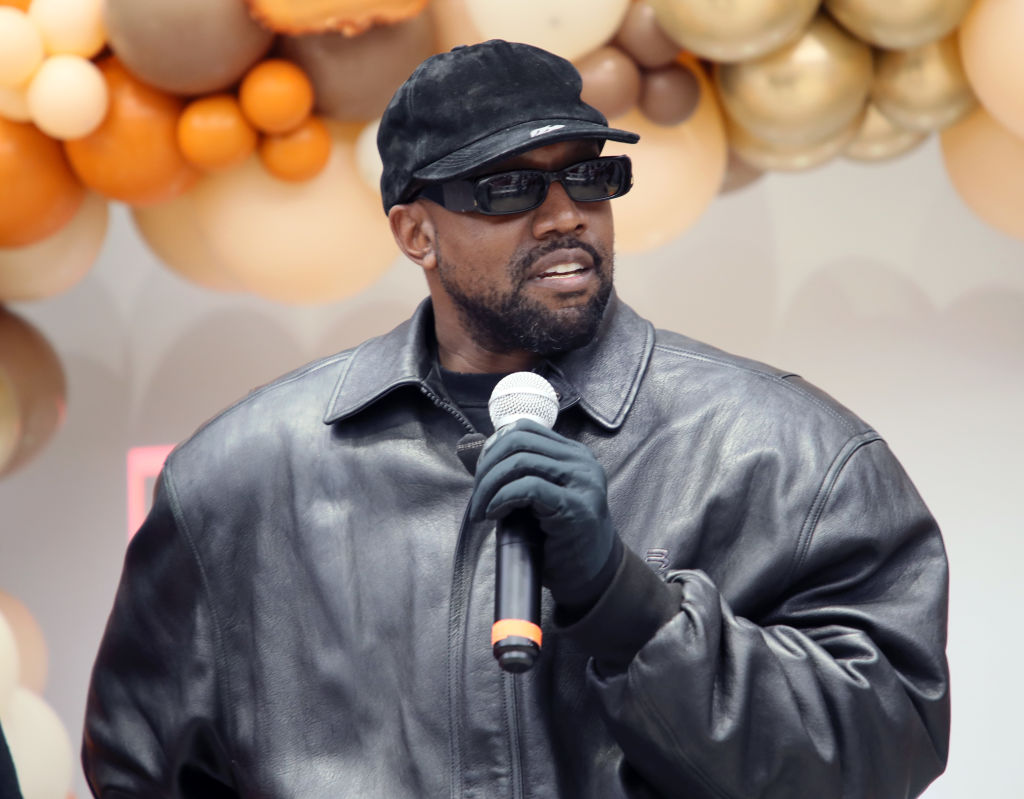 Kanye West reportedly had 'some sort of wedding ceremony'
Kanye West reportedly had 'some sort of wedding ceremony'Speed Read
-
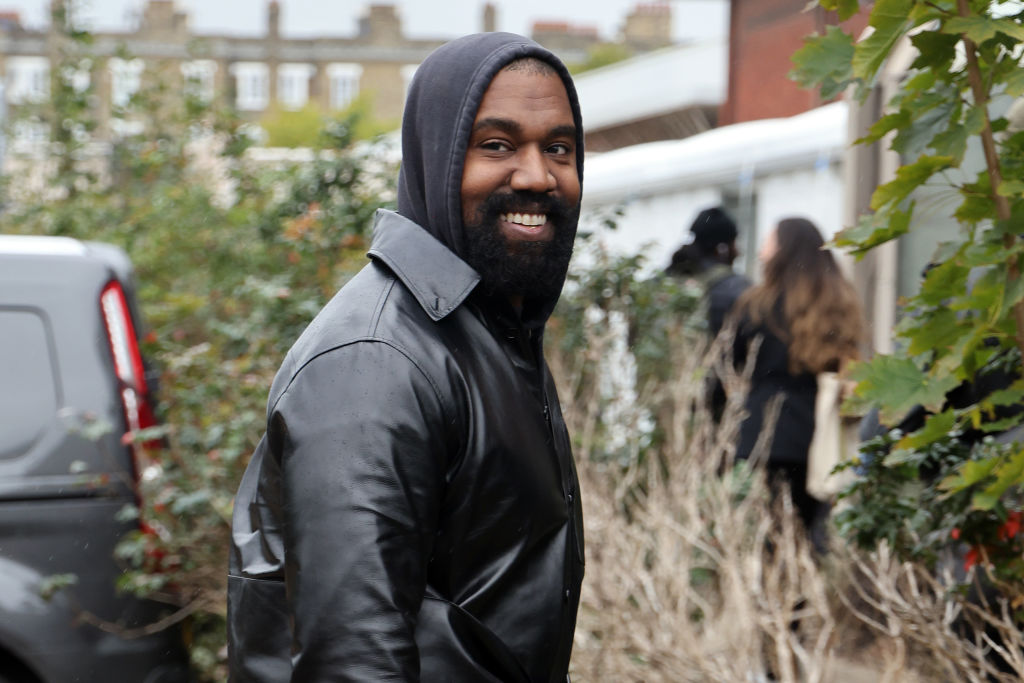 Kanye West reportedly nowhere to be found as ex-business manager tries to serve him
Kanye West reportedly nowhere to be found as ex-business manager tries to serve himSpeed Read
-
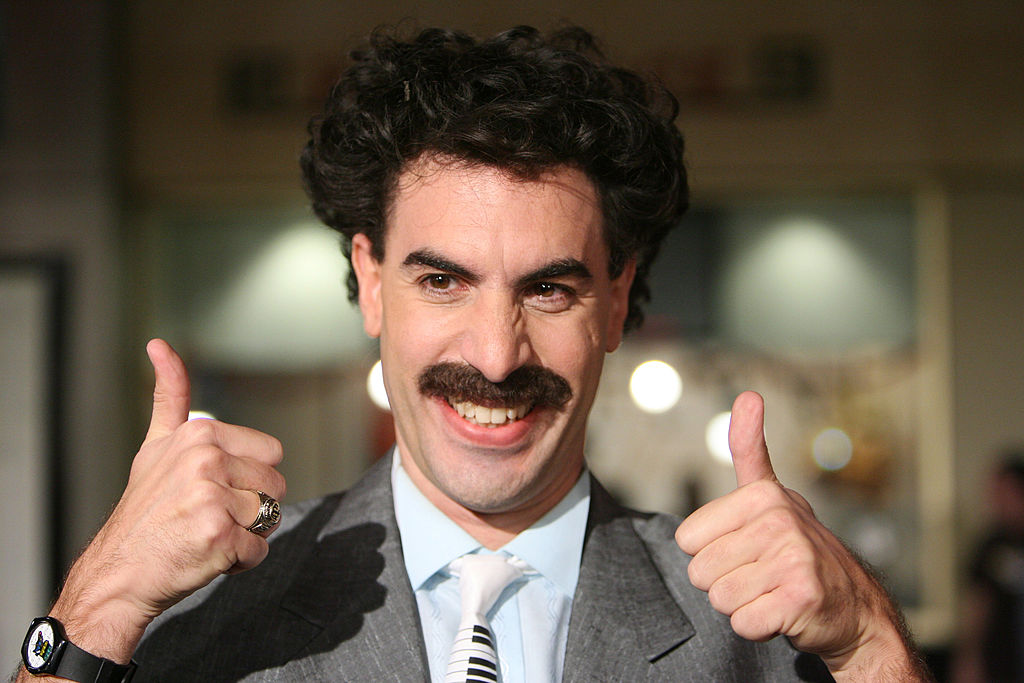 Sacha Baron Cohen's Borat takes on Kanye West: 'He's too antisemitic even for us'
Sacha Baron Cohen's Borat takes on Kanye West: 'He's too antisemitic even for us'Speed Read
